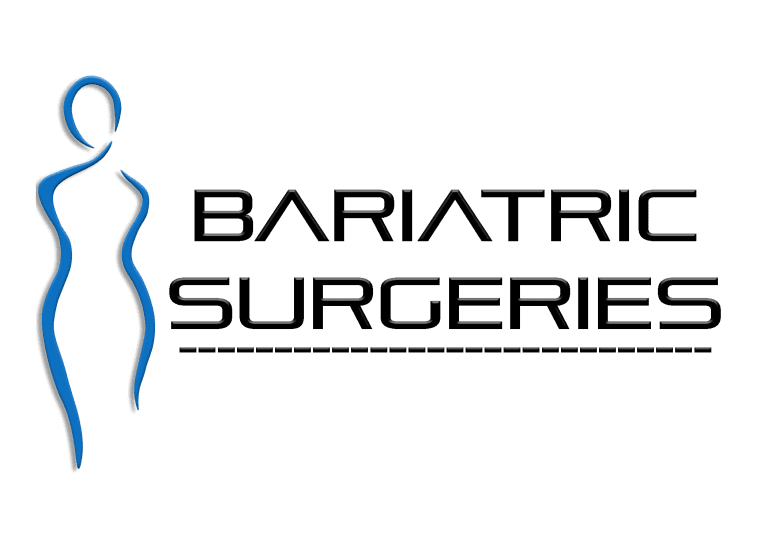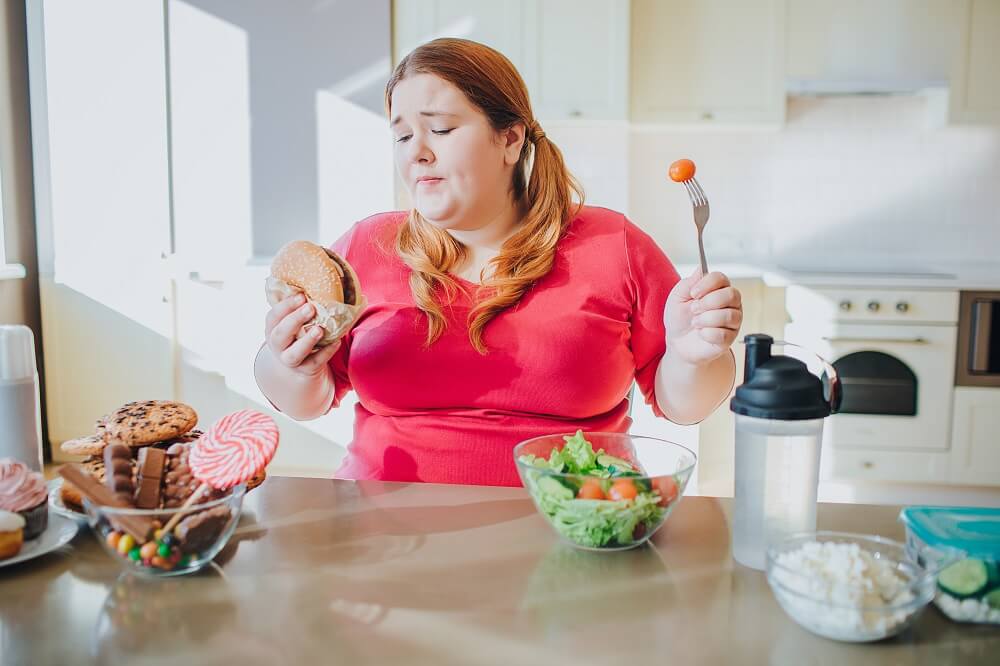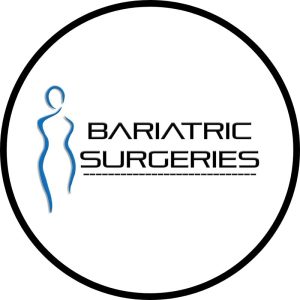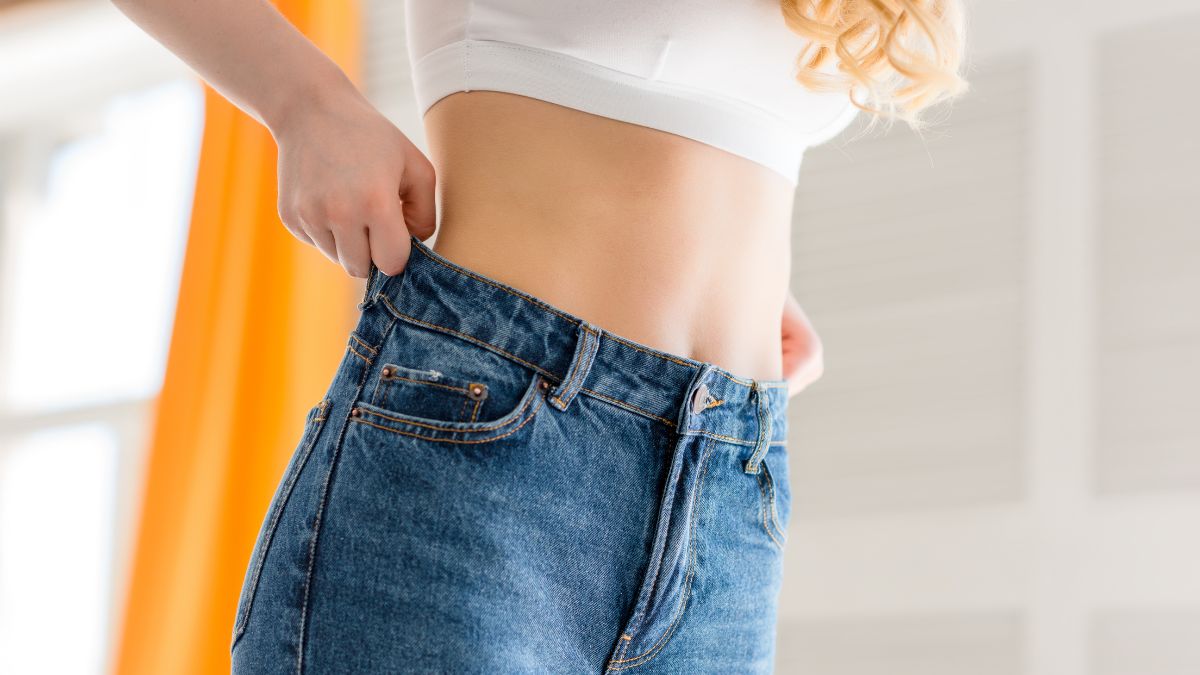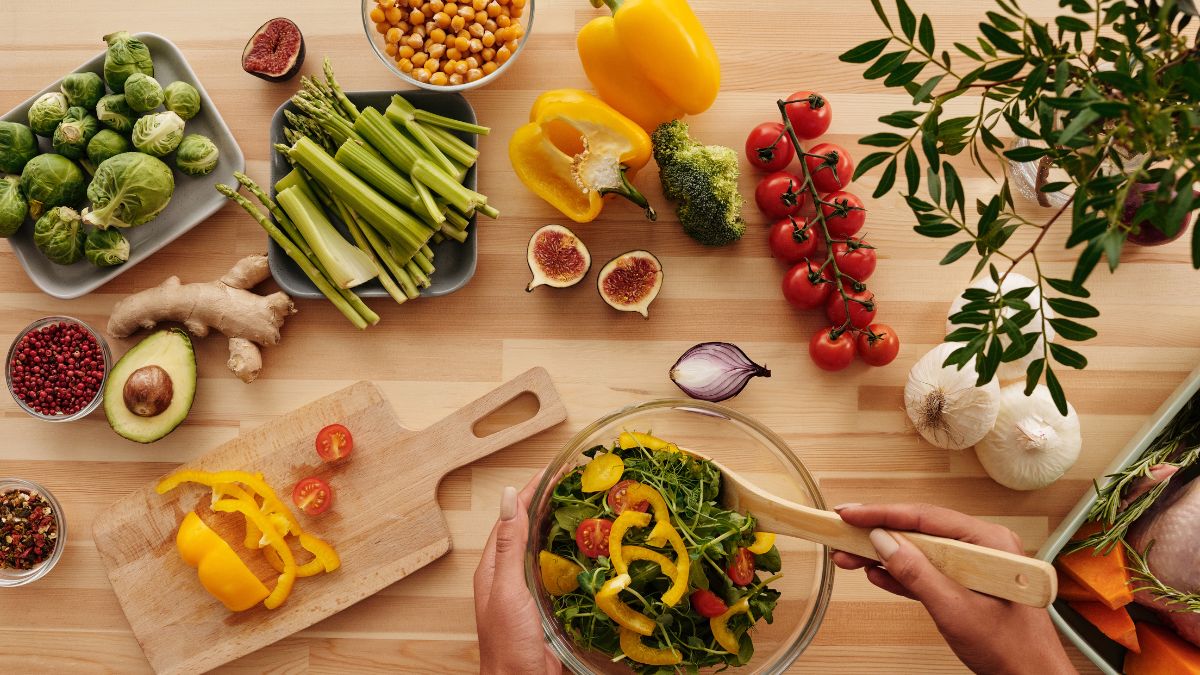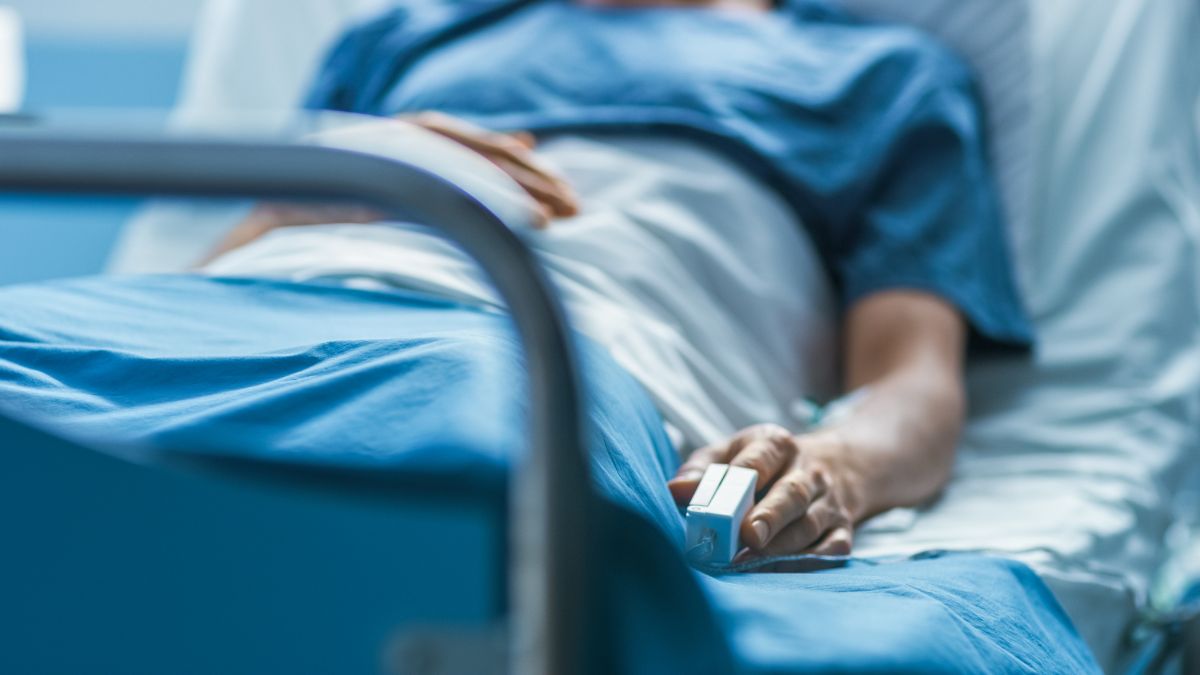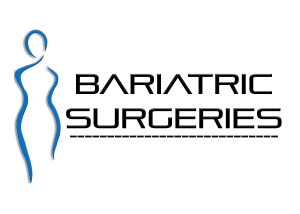For those looking to get Gastric Bypass Surgery in Mexico , there’s a few things that must be understood.
Gastric bypass surgery aims to reduce your overall caloric intake while also restricting the body’s ability to absorb food. Gastric bypass surgery is a procedure that revolutionized the way surgeons thought about weight loss.
Is it possible to overeat after gastric bypass? Yes, it’s still possible for a patient to overeat, generally some time after the surgery was performed. It must be known that it’s not recommended to eat more than the doctor’s recommended caloric requirements!
What happens if you overeat after gastric bypass surgery? Let’s find out.
Overeating After Gastric Bypass
Gastric bypass makes it very hard to take in a large amount of food. The amount of space that the stomach uses for food has been drastically reduced. The procedure also makes it difficult for calories to be absorbed into the body and stored as fat. So what happens if a patient consumes too much food?
The food ingested tends to come out the way it came, so to speak. If vomiting does not occur, overeating usually results in stomach pain and abdominal cramping.
Some patients will experience diarrhea after overeating. This is because of malabsorption: the body is not able to digest the food properly, so the half-digested food passes through and the nutrients are not taken in.
The risk for these issues goes down over time. As a result, some patients find themselves falling back into old behaviors after rapid weight loss. It’s uncomfortable at first, but the body will adapt. This is a warning: it IS possible to overeat after gastric bypass, and this overeating can cause weight gain!
How To Stop Overeating After Gastric Bypass
Don’t Eat Too Fast
Slow down your eating, as eating too fast can cause you to consume more than you might think due to feeling less full. Eat slowly and you should be able to avoid both overeating and resulting abdominal pain and cramps.
Eat Small Portions
Gastric bypass takes the stomach and forms a small pouch that holds ingested food. The pouch is much smaller than the stomach, about 30-45mL in volume or the size of an egg.
If you try to eat too much, you’ll experience abdominal pain or vomiting. Over time, continued overeating can cause the stomach pouch to stretch, allowing more food to be consumed at a time.
Keeping your portions small will prevent most of the risks of overeating.
Eat Frequently
Most people eat three square meals a day, but a gastric bypass patient should get used to eating 5 to 7 small snack-sized meals every day, of around 200-300 calories each (depending on what your doctor recommends for your weight goals!)
Frequent eating will help you avoid overeating while keeping you satisfied throughout the day.
